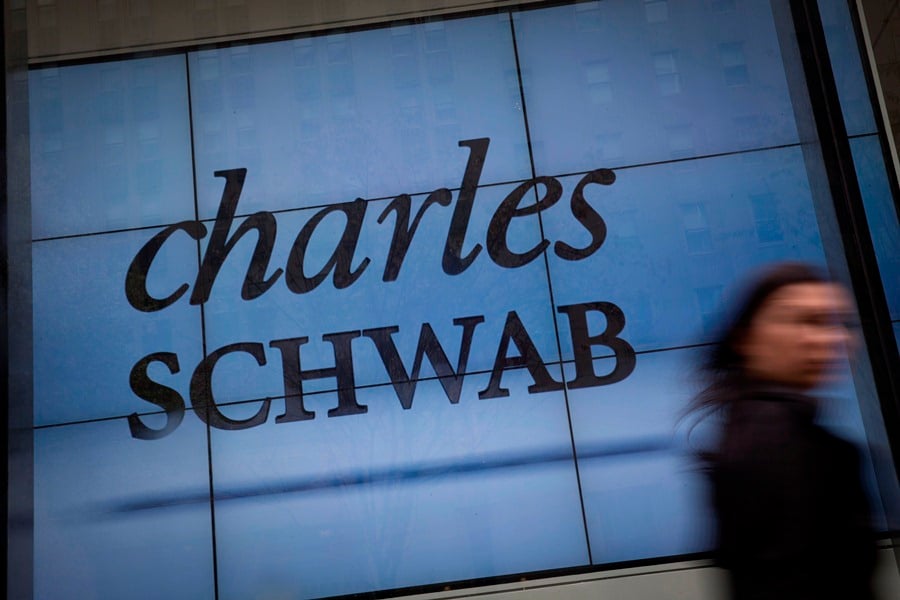

Inflation is not something financial advisers or their clients should be losing sleep over right now, but it is here and it is real, according to market strategists speaking Tuesday at the Schwab Impact annual conference.
In her opening presentation, Liz Ann Sonders, managing director and chief investment strategist at Charles Schwab Corp., put the current state of inflation in context by explaining “there are more differences than similarities with 1970s-style stagflation.”
However, Sonders said, “psychology also comes into play,” underscoring the growing wage pressures along with the supply-and-demand imbalances.
Citing the “fragile system” that includes a “global energy crisis and supply chain bottlenecks,” Sonders said the market impacts of “inflation might protect us from the Fed before the Fed has to protect us.”
In terms of investing through and around the realities of inflation and the Federal Reserve, Sonders advised “focusing more on factors than sectors.”
“Rapid fire rotations offer a time-tested benefit of rebalancing,” she said, suggesting a deviation away from traditional calendar-based rebalancing toward “a version of buy low, sell high.”
Meanwhile, Schwab managing director and chief global investment strategist Jeffrey Kleintop spun his classic silver lining message by saying “global growth is slowing, but it’s not slow.”
He forecasted 2022 global growth above 4%, which would mark the first time in 50 years that global growth was above that level for two consecutive years.
“Fortunately, the globe may be past the worst of the supply chain log jam, but it could still take a while for delivery times to return to normal,” Kleintop said.
Regarding comparisons to the hyperinflation of the 1970s, he acknowledged the growing wage pressure as a classic indicator of sticky inflation, but explained that “recently unions have been winning wage increases that are lower than the rate of inflation.”
Even higher energy prices look like a bright spot to Kleintop, who said rising energy prices have a “history of boosting earnings.”
“The impact of inflation on global markets may be a net positive,” he added.
Kathy Jones, a fixed income analyst at Schwab, said she expects the Fed to start raising rates next year based on expectations for continued inflation.
“The market has already priced in a couple of rate hikes in 2022,” she said. “The big question is inflation. By any measure inflation is above the Fed’s 2% target.”
But Jones expects “inflation will mellow out as some of the supply and demand elements come into balance. It is important how the Fed responds to this. The degree of inflation is likely to reflect the degree of tolerance the Fed has for inflation going forward.”

A new analysis finds long-running fiscal woes coupled with impacts from the One Big Beautiful Bill Act stand to erode the major pillar for retirement income planning.

Caz Craffy, whom the Department of Justice hit with a 12-year prison term last year for defrauding grieving military families, has been officially exiled from the securities agency.

After years or decades spent building deep relationships with clients, experienced advisors' attention and intention must turn toward their spouses, children, and future generations.

The customer’s UBS financial advisor allegedly mishandled an options strategy called a collar, according to the client’s attorney.

An expansion to a 2017 TCJA provision, a permanent increase to the standard deduction, and additional incentives for non-itemizers add new twists to the donate-or-wait decision.
Orion's Tom Wilson on delivering coordinated, high-touch service in a world where returns alone no longer set you apart.
Barely a decade old, registered index-linked annuities have quickly surged in popularity, thanks to their unique blend of protection and growth potential—an appealing option for investors looking to chart a steadier course through today's choppy market waters, says Myles Lambert, Brighthouse Financial.
